Taste Trends: 4 Ways to Level Up Alcohol-Free Options at Events
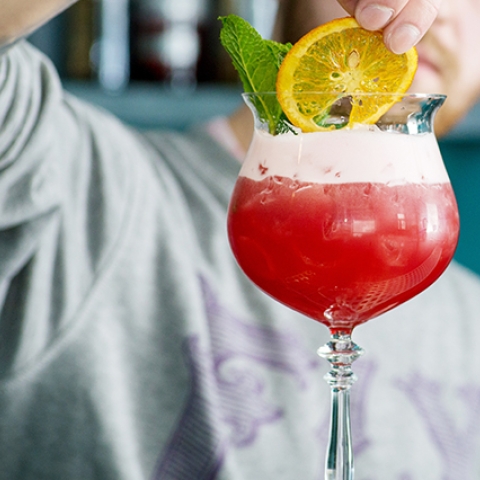
The buzzing no-alcohol movement is as strong as ever, and it doesn’t appear to be slowing down anytime soon.
Research from Nielsen IQ (NIQ) underscores the fact that consumers are either ditching booze altogether or enjoying alcohol in moderation as part of a “sober curious” or “mindful drinking” lifestyle. Non-alcoholic beer, wine and spirits sales have steadily grown over the past several years, while alcoholic beverage sales have dropped, according to a recent NIQ trends report.
As demand grows and new non-alcoholic brands continue to flood the market and rise in popularity, the events industry must take note and cater to consumer demand for alcohol-free options that go beyond the typical soda, lemonade, iced tea and energy drinks, according to Tracy Stuckrath, founder and president of thrive! meetings & events and host of the Eating at a Meeting podcast.
“Thirty percent of people who are of legal drinking age choose not to drink alcohol or stop after a single drink,” Stuckrath said, paraphrasing a quote from Phillip J. Cook’s book Paying the Tab. “It’s a matter of creating an inclusive experience and a sense of belonging for attendees, but it’s also a huge opportunity [for venues] to boost revenue as the non-alcoholic beverage market grows.”
Stuckrath recently hosted a podcast with guests Jen Gilhoi and Cate Faulkner, co-founders of the Zero Proof Collective, which is aiming to ensure guests have plenty of elevated non-alcoholic options, as bars, restaurants, hotels, group venues and beverage companies realize the opportunity to increase revenue with the fast-growing market.
We checked in with Stuckrath to get her advice on how the events industry can take a new perspective on its non-alcoholic beverage programs. She offered four tips to create a game-changing experience for attendees who wish to abstain from alcohol.
Upskill Catering Bartenders
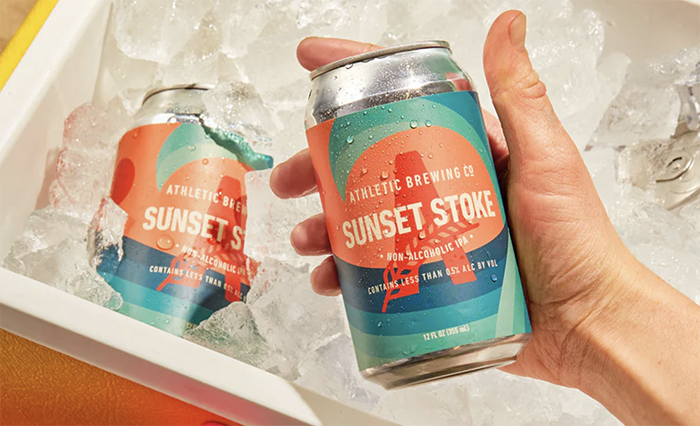
Training catering bartenders to be mixologists rather than simply to pour wine and beer and make a few classic drinks is one of the most important ways to infuse events with impressive alcohol-free options, according to Stuckrath.
“Catering bartenders are typically not bartenders you would find at your local craft cocktail bar because they’re usually not learning how to mix drinks,” Stuckrath said. “They know how to make a gin and tonic or an Old Fashioned but don’t understand how to mix certain herbs and botanicals to create unique alcohol-free drinks.”
She added, “Having someone who’s more of a mixologist really upgrades the experience for attendees who want non-alcoholic cocktails.”
Partner With Local Small Businesses
Elevating the appearance and flavor profile of drinks with herbaceous, fruity and floral elements inspired by nature has long been a trend in the world of mixology — from rosemary, mint, basil and lavender to colorful berries and citrus fruit and edible flowers.
Going local when possible is an ideal option for sourcing these ingredients, according to Stuckrath.
“Partnering with a local farmer to bring some of their herbs, spices, fruits and vegetables into the alcohol-free cocktail is a great way to support and showcase local businesses,” she said.
She also recommends looking to local craft breweries that are producing non-alcoholic options.
“There are so many great alcohol-free craft beers now,” Stuckrath said. “It’s a matter of partnering with your local craft brewers that are producing them as another way to feature local small businesses and be more inclusive at the event.”
Think Beyond Sugar
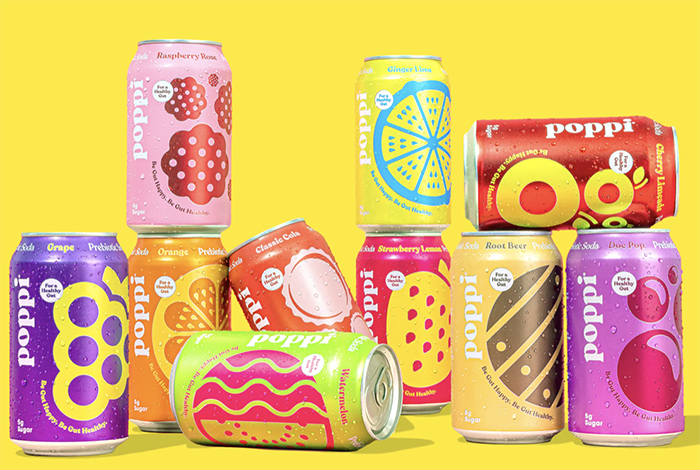
For decades, the staple for attendees who don’t want a drink with alcohol has been sugary options, which Stuckrath believes needs to change, especially considering the healthy beverage trend among consumers. While there is an ever-growing list of alternatives available nowadays, for the most part, hotels and convention centers are not offering them as part of their non-alcoholic drink list, according to Stuckrath.
“I just did an audit of a hotel, and their non-alcoholic menu at their catering bars is Coke, Pepsi, lemonade or sweet tea,” she said. “We have to create a more inclusive experience without all of the sugar.”
Stuckrath said many times the issue of getting healthy alternatives on the beverage list is getting around the contracts hotels and convention centers have with soda companies such as Coke and Pepsi.
However, some healthy beverage alternatives are owned by the larger beverage companies, such as Bubly sparkling water, produced by PepsiCo, so these may be available as options.
“It has zero sugar, it’s flavored and it’s carbonated, so adding that to your soda options is awesome,” Stuckrath said.
Meanwhile, at a recent event, she was introduced to poppi, a prebiotic soda in various flavors that is designed to have gut health and immunity benefits. The company is owned by a husband-and-wife team.
“They are actually getting into many hotels and convention centers because it is a prebiotic soda, not a regular soda, so that’s another great option,” Stuckrath said.
Capitalize on the Growing Number of Non-Alcoholic Brands
Due to rapidly rising demand in recent years, there has been a major influx of non-alcoholic beer, wine and spirits products, according to 2022 data from NIQ. The report states that between July 2021 and 2022, 72 non-alcoholic SKUs were introduced to the U.S. market alone, including 37 non-alcoholic beers, 17 non-alcoholic wines and 18 non-alcoholic spirits.
With the continuous release of new options, the catering industry should follow the lead of bars and restaurants that are increasingly offering some of the latest and most popular non-alcoholic brands, Stuckrath said.
“It’s amazing what’s available out there these days, and it’s not just products like O’Douls [non-alcoholic beer],” she said, adding that the expanding list is making it even easier to create an enticing, well-rounded alcohol-free offering at events.
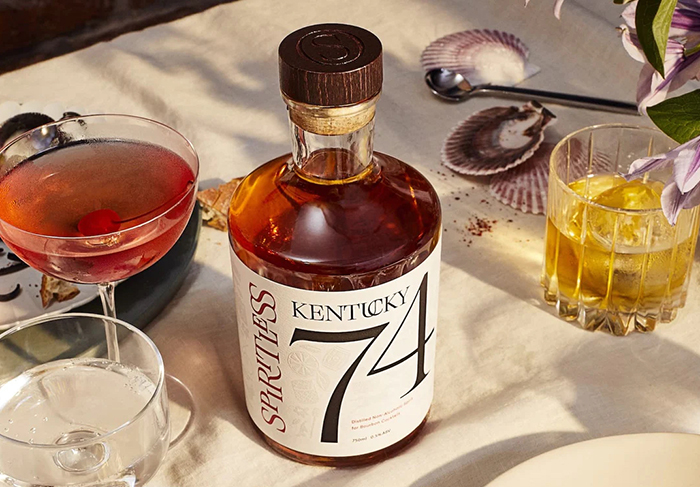
Stuckrath pointed out notable brands such as Noughty, producing non-alcoholic wine and sparkling wine; Athletic Brewing, making non-alcoholic craft beer; Seedlip, billing itself as the first distilled non-alcoholic spirit; Ritual, specializing in non-alcoholic tequila, rum, whiskey and gin; Tennyson, crafting unique botanical spirits; and Spiritless, creating non-alcoholic whiskey, tequila and canned cocktails.
“Spiritless is a women-owned company out of Louisville, Ky., which is making good products and making waves in a city known for its bourbon,” Stuckrath said. “If you are having an event in Louisville, this is a great option to offer attendees who want a non-alcoholic option in a city known for its drinking and a nice way to showcase a local small business.”
Meanwhile, Stuckrath suggested looking for exclusively non-alcoholic beverage stores that have been popping up around the country as a way to research the various brands and possibly source them for events, citing one in Minneapolis that she was particularly impressed with: Marigold.
Other non-alcoholic bottle shops stocking a plentiful selection of brands include Bendicion in Chicago; Boisson, with locations in Los Angeles, Miami, New York City and San Francisco; Hey Nolo in Asheville, N.C.; Minus Moonshine in New York City; Sechey in Charleston and New York City; Sipple in Houston; and Spirited Away in New York City.
Check out the other two articles in this three-part series: Taste Trends: 3 Ways to Foster DEI Through F&B Experiences at Events and Taste Trends: 4 Ways to Elevate Events With a Plant-Forward Concept.
Don’t miss any event-related news: Sign up for our weekly e-newsletter HERE, listen to our latest podcast HERE and engage with us on Twitter, Facebook and LinkedIn!
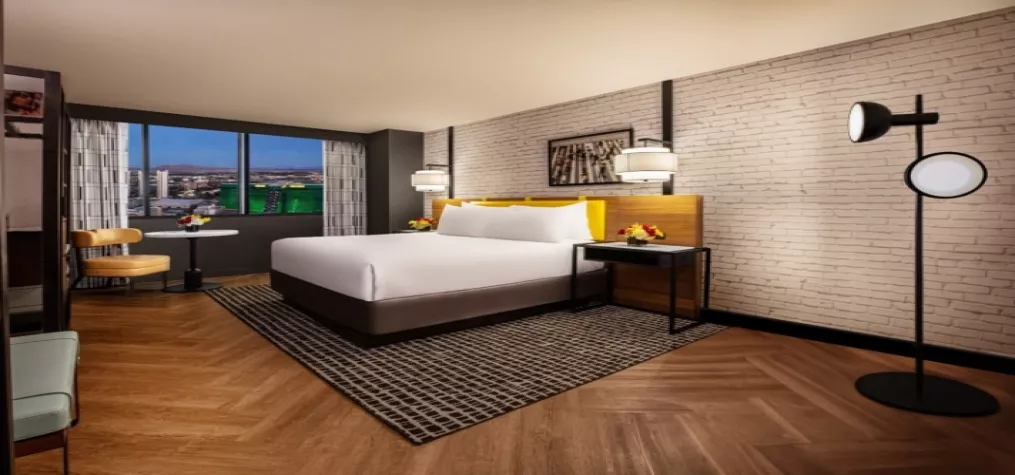

Add new comment